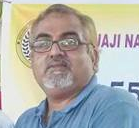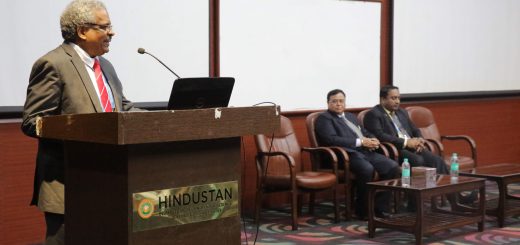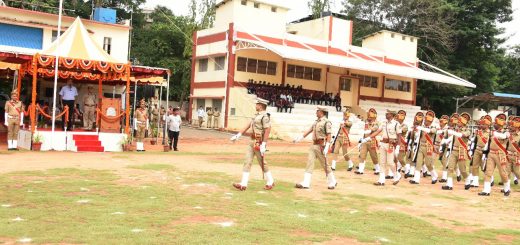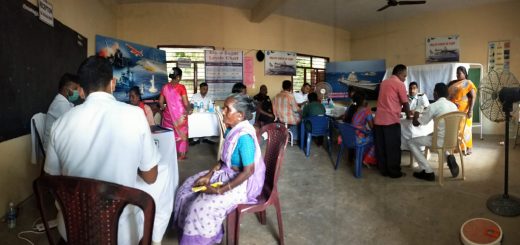IIT-M research paper among the top

S Vishnu Sharmaa, INN/Chennai, @Svs037
There is yet another round of happy news for Indian Institute of Technology, Madras (IIT-M). This time it is from abroad. The research paper of IIT-M was among the top papers cited by Dominic Cummings, chief special adviser to UK Prime Minister Boris Johnson for revamping decision-making strategies.
The research paper cited as top one is that of Professor RI Sujith which uses analytics to detect transitions that lead to failure in engineering systems such as gas turbine engines, with applications in financial markets to sudden failure of vital organs.
The research paper titled ‘Early warning signals for critical transitions in a thermoacoustic system’ was the first research cited by Dominic Cummings in his blog. The Research paper looked at early warning systems in physics that could be applied to other areas from finance to epidemics.
The Research paper was published by a team lead by Dr. R.I. Sujith, Chair Professor, Department of Aerospace Engineering, IIT Madras. The team comprised Dr. E.A. Gopalakrishnan, Assistant Professor, CEN, Amrita Vishwa Vidyapeetham, Mr. Tony John, PhD student, Georgia Institute of Technology, Professor. Partha Sharathi Dutta, Associate Professor, Department of Mathematics, IIT Ropar and Ms. Yogita Sharma, Post-Doctoral Researcher, UC Berkeley.
The problem statement the researchers looked at was that many complex systems such as stock markets, climate systems, human body and neurons in the mammalian brain exhibit sudden change in their qualitative behaviour by transiting into an alternate state termed as ‘tipping.’
The alternate state to which the system transits need not always be desirable as in the case of a stock market crash, extinction of a species in an ecosystem, sudden collapse of a healthy human being so on and so forth.
It is very heartening to see the open-mindedness shown by U.K. to embrace the cutting-edge tools from physics and mathematics, said Sujith. ‘We believe that this will open up a lot of opportunities for the young talent in the world and we are really happy to be a part of this exciting scientific exploration. We are of the firm opinion that we can avail such technologies in India also to improve our socio-economical systems.’




